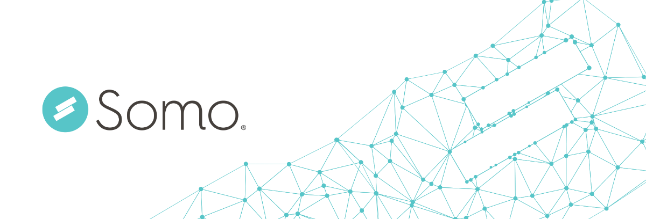Digital agency Somo has built some of the most innovative and creative mobile products and campaigns in the market for leading global brands.
Victoria Morgan

Recent Posts
Case Study: Somo decreases contract turnaround time with SigningHub
Posted by
Victoria Morgan on 01-Feb-2017 10:21:50
0 Comments Click here to read/write comments


